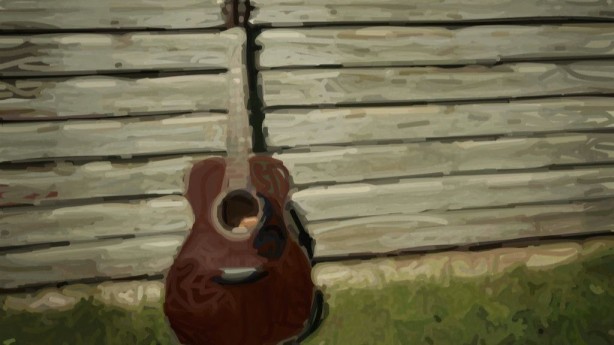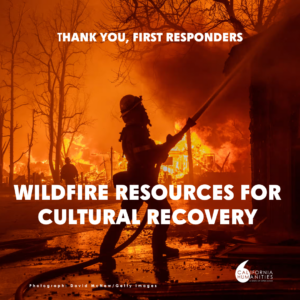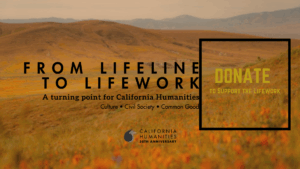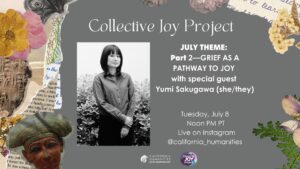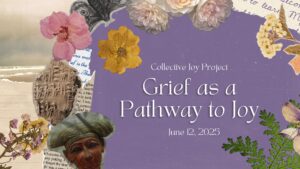To celebrate our 40th year anniversary of grant making, programming, and partnerships that connect Californians to each other, we invited a group of prominent Californians to explore what the humanities mean to them, including Grammy-winning musician and activist Linda Ronstadt.
Please read below for an excerpt from a written testimony by Ronstadt in support of FY10 Appropriations for the National Endowment for the Arts, as part of Americans for the Arts’ delegation at National Arts Advocacy Day. Ronstadt was also the recipient of the 2014 National Medal of Arts and Humanities.
 I grew up in the desert in Tucson, Arizona on what was then a rural route. My grandfather’s cattle ranch had been whittled down considerably in size as a result of the financial storms of the last depression, but we were pretty happily established there amid the cactus and the cottonwoods. My family had built a little compound with my grandparents in one house, my father and mother and the four of us kids in the other.
I grew up in the desert in Tucson, Arizona on what was then a rural route. My grandfather’s cattle ranch had been whittled down considerably in size as a result of the financial storms of the last depression, but we were pretty happily established there amid the cactus and the cottonwoods. My family had built a little compound with my grandparents in one house, my father and mother and the four of us kids in the other.
I don’t remember when there wasn’t music going on in some form – my father whistling while he was figuring out how to fix something, my older brother practicing the “Ave Maria” for his performance with the Tucson Boys Choir, my sister sobbing a Hank Williams song with her hands in the dishwater, my little brother struggling to play the huge double bass.
Sundays, my father would sit at the piano and play most anything in the key of C and sing in his beautiful baritone: love songs in Spanish for my mother, maybe a few Sinatra songs while he remembered single life before children and responsibilities, and before the awful war that we won, that time. My mother would play Ragtime or something from Gilbert and Sullivan.
When we got tired of listening to our own house we would tramp across to my grandmother’s where we got a pretty regular diet of classical music. They had what they called a Victrola and would listen to their favorite opera excerpts played on 78-RPM recordings. On Saturdays, they would tune in to the Metropolitan Opera radio broadcast or sit at the piano trying to unravel a simple Beethoven, Brahms or Liszt composition from a page of sheet music.
Evenings, if the weather wasn’t too hot or freezing and the mosquitoes not threatening to carry us away to the land of Oz, we would haul our guitars outside and sing songs until it was time to go in, which was when we had run out of songs.
There was no TV, the radio couldn’t wander around with you because it was tethered to the wall, and we didn’t get enough allowance to buy concert tickets. In any case, there weren’t many big acts playing in Tucson, so if we wanted music, we had to make our own. The music I heard there, in those two houses, before I was ten years old, provided me with enough material to explore for my entire career, which has stretched from the late sixties until now.
It gave me something else too, something even bigger than that. It gave me an enormous yardstick to measure my experiences against generations of other people. It placed me in a much larger cultural context, and helped me to locate my humanity.

